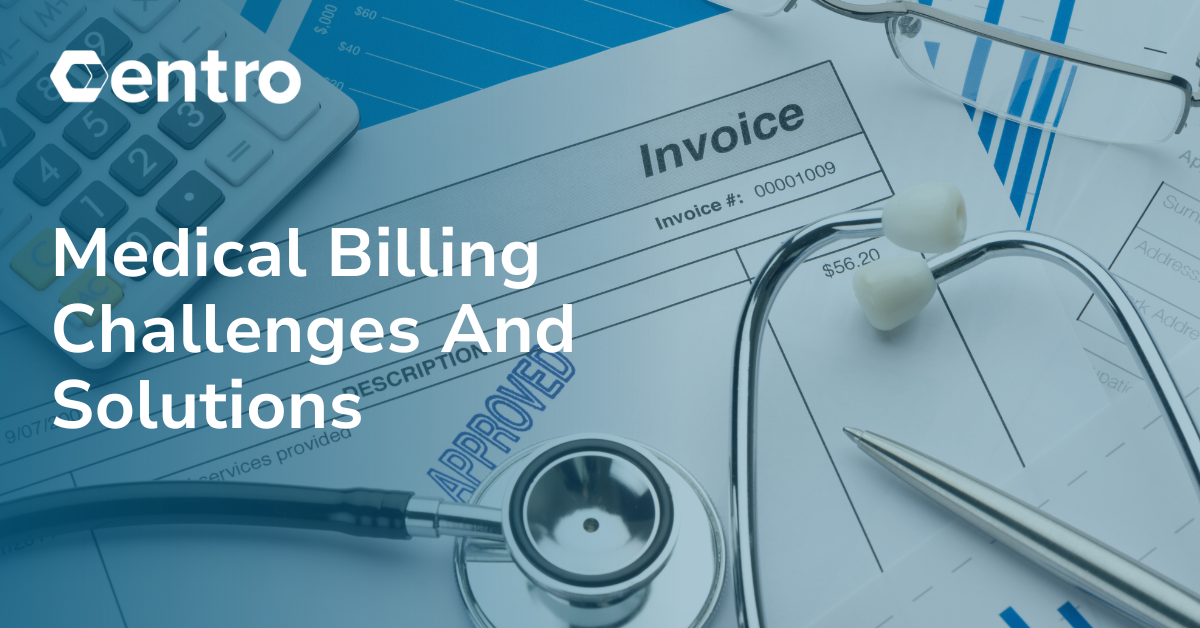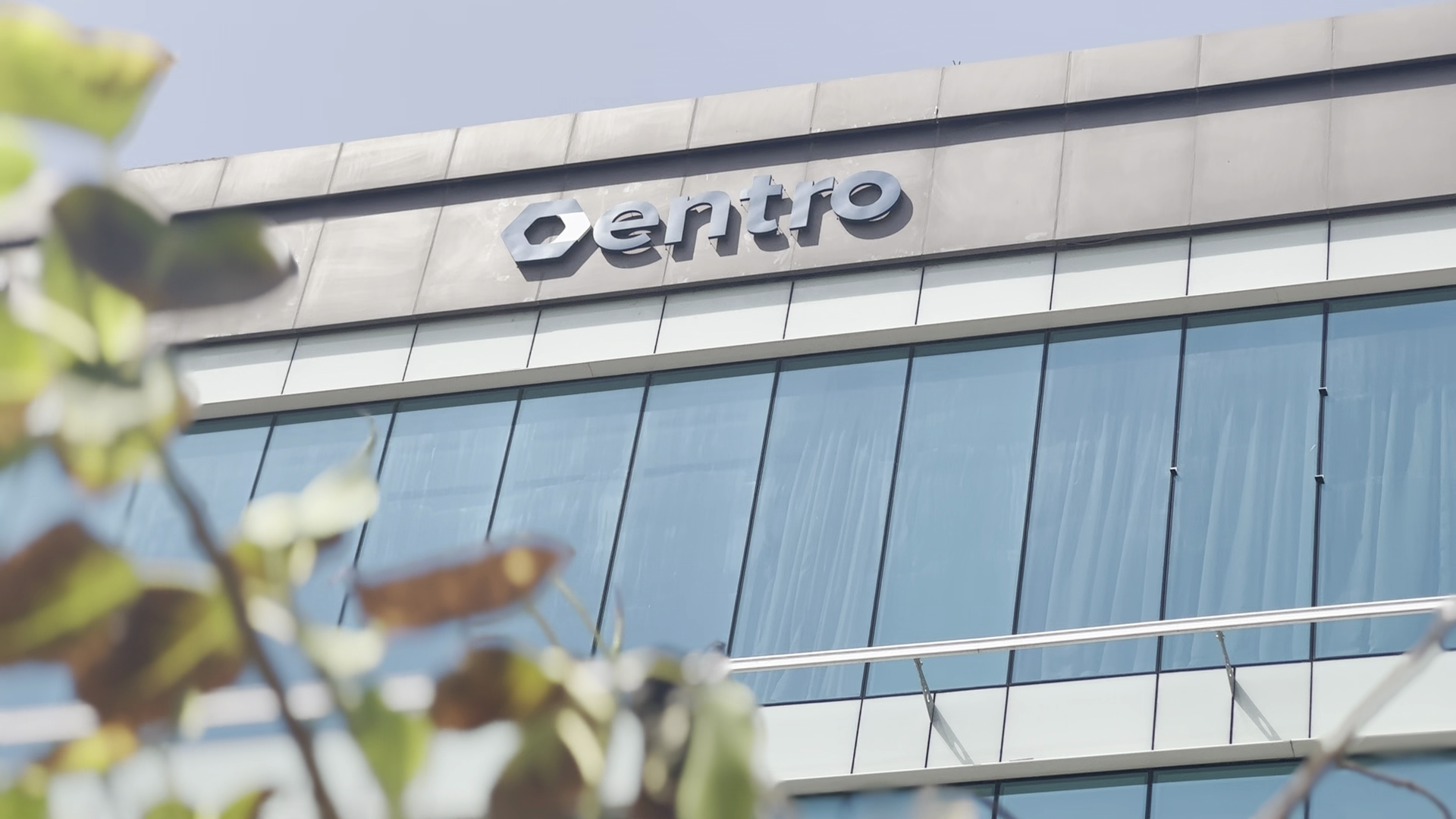

Medical billing stands at the core of the healthcare system, ensuring healthcare providers receive rightful reimbursement for the services they deliver. However, this essential process comes with its fair share of challenges. Here are some prevalent medical billing issues faced within the healthcare industry and some effective strategies to address them.
What is Medical Billing?
Medical billing involves the submission and subsequent follow-up of claims with health insurance companies to receive payment for services rendered by healthcare providers. The intricacies involved in this process often give rise to several challenges that impact both healthcare professionals and patients.
Common Medical Billing Challenges
1. Coding Errors and Inaccuracies
Accurate coding is essential in medical billing. Errors in codes can lead to claim denials, delayed payments, or even compliance issues. Addressing these errors promptly is essential for a smooth billing process.
2. Claim Denials and Rejections
Claim denials can result from various issues, including incomplete information, incorrect patient details, or lack of pre-authorization. Understanding the denial reasons and rectifying them promptly is crucial to prevent revenue loss.
3. Insurance Verification Problems
Inadequate insurance verification can lead to billing issues. Ensuring accurate insurance verification before providing services can mitigate problems related to coverage and payments.
4. Slow Reimbursement
Delayed payments can strain a healthcare facility’s financial health. Streamlining the billing process and following up on outstanding claims can expedite reimbursements.
5. Regulatory Compliance Challenges
Staying compliant with ever-evolving healthcare regulations is a significant challenge. Non-compliance can result in fines and legal issues, emphasizing the need for a thorough understanding and adherence to billing regulations.
6. Communication Problems
Healthcare bills often contain unexpected charges. In fact, in 2021, 87% of consumers were surprised by a medical bill they received. In recent years, Congress has taken action to address healthcare billing practices to reduce the number of unexpected bills patients receive. The No Surprises Act (passed in 2020; effective January 2022) sought to eliminate surprise bills that patients, with private insurance, may receive for services from out-of-network providers.
reference: National Library of Medicine https://www.ncbi.nlm.nih.gov/pmc/articles/PMC10262600/
Strategies to Improve Your Billing Process
Regularly Updating Patient Files
Patient information can change frequently, such as their insurance policy, billing address, and contact information. It is important to update patient files at the time of each appointment to ensure that your billing process is efficient and accurate. This includes double-checking details such as the patient’s policy number, billing address, and contact information.
Reviewing Late Claims
It is important to review delinquent claims on a regular basis. This will help you to identify any problems that may be causing the claims to be delayed, such as billing errors, miscommunications with insurers or patients, or incomplete documentation. Once you have identified the problem, you can take steps to resolve it and get your claims paid.
Tracking Denials
Tracking denials is essential for improving your billing process. Common reasons for claim denials include errors in patient information, insufficient documentation, and errors in medical coding. By tracking denials, you can identify the gaps in your processes and take steps to rectify them. This will help to improve your claim approval rates.
Automating Repetitive Tasks
Many billing tasks, such as filing individual claims, assigning medical billing codes, and creating and sending payment reminders, are repetitive tasks that can be automated. Automating these tasks can free up your staff from mundane billing tasks so that they can focus on more important tasks, such as patient care.
Outsourcing Medical Billing
If your practice does not have the time or resources to manage its own billing, you may want to consider outsourcing medical billing to a professional service provider. Medical billing professionals are trained to file claims of all types and optimize business revenue. Outsourcing medical billing can streamline your billing process and free up your staff to focus on patient care. Centro Healthcare can take all the pain out of billing for you. We’re experts in compliance and maximizing collections, so you can focus on what you do best – providing quality patient care.
By implementing Centro’s solutions, healthcare providers optimize their revenue cycle and focus on delivering quality care to patients.
For further information visit us at https://centrocdx.com/healthcare/



